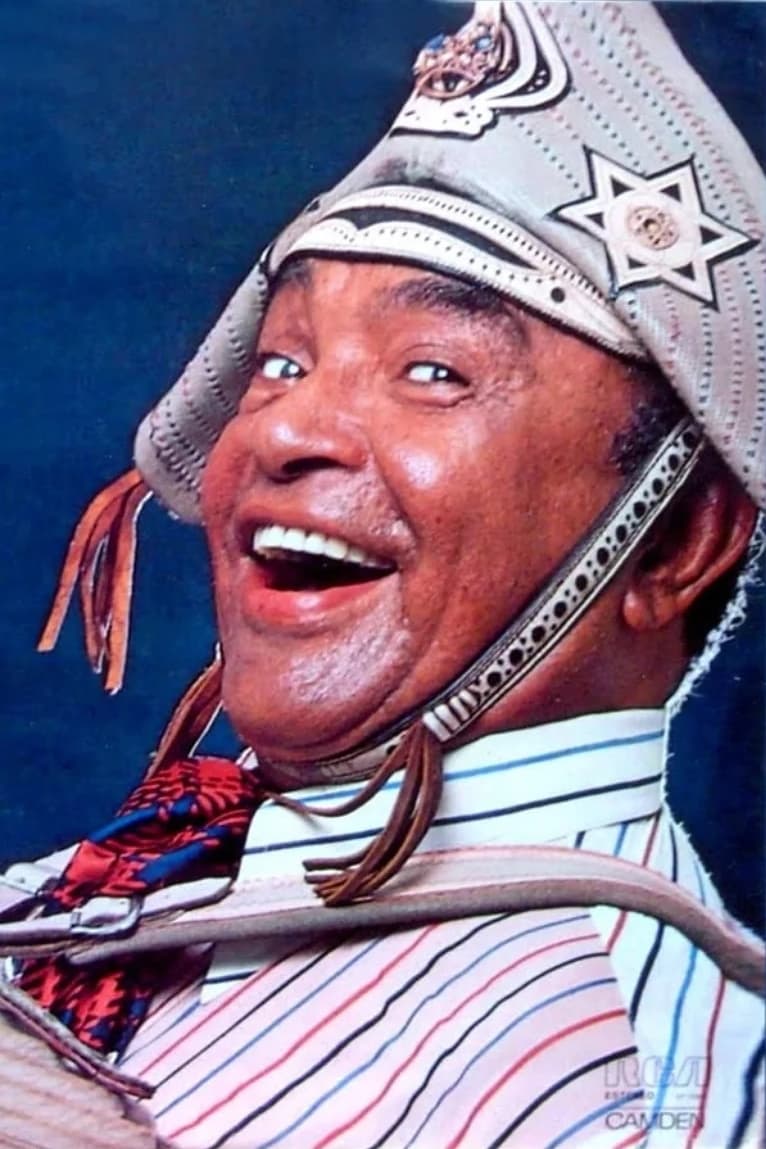
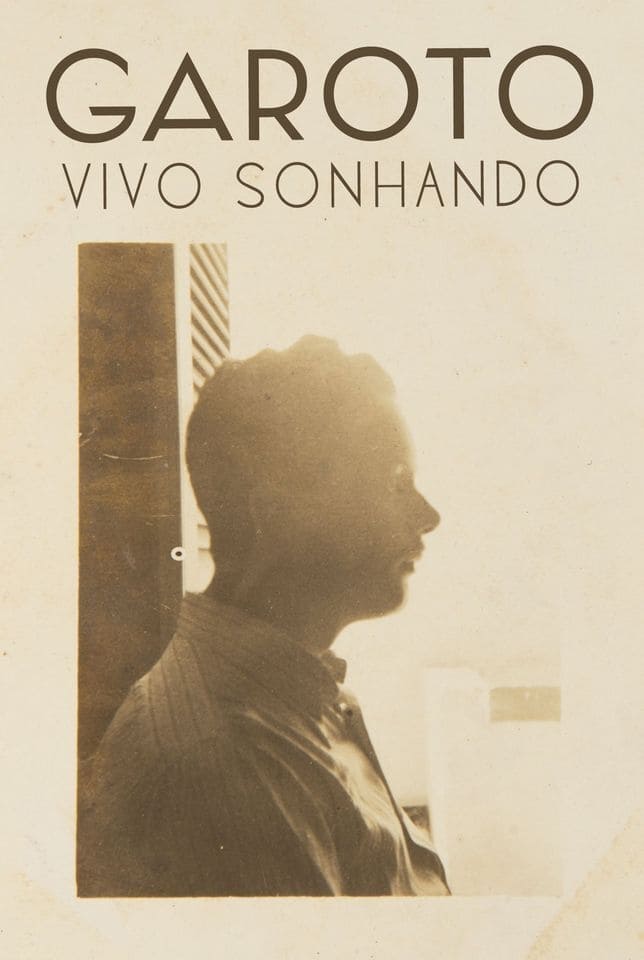
A prodigy of stringed instruments, a pioneer of Bossa Nova, a modernizing master of the guitar: Aníbal Augusto Sardinha, better known as Garoto (1915-1955), is one of the hidden pillars of Brazilian music. Woven by rare archival material, personal diaries and testimonies, this documentary reveals his influence and the artistic conflicts of an avant-garde artist in the golden age of Brazilian radio.
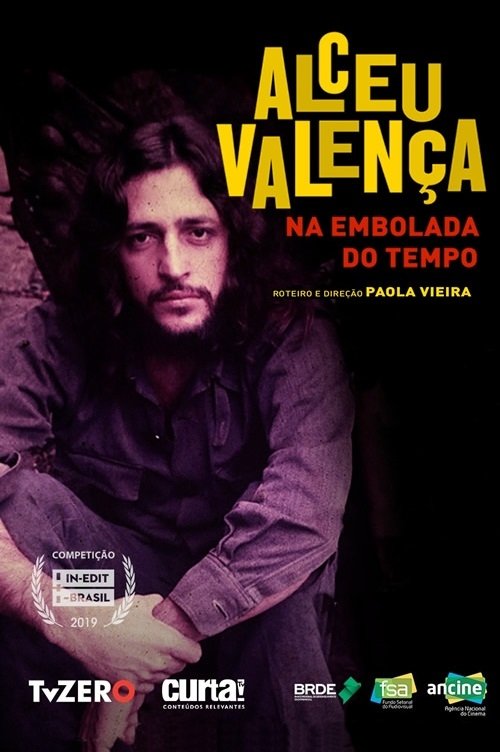
Musician Alceu Valença revisits his career, from his first contact with music, when he was still young, through the 1970s, when several names in music from the Northeast gained space on the scene.
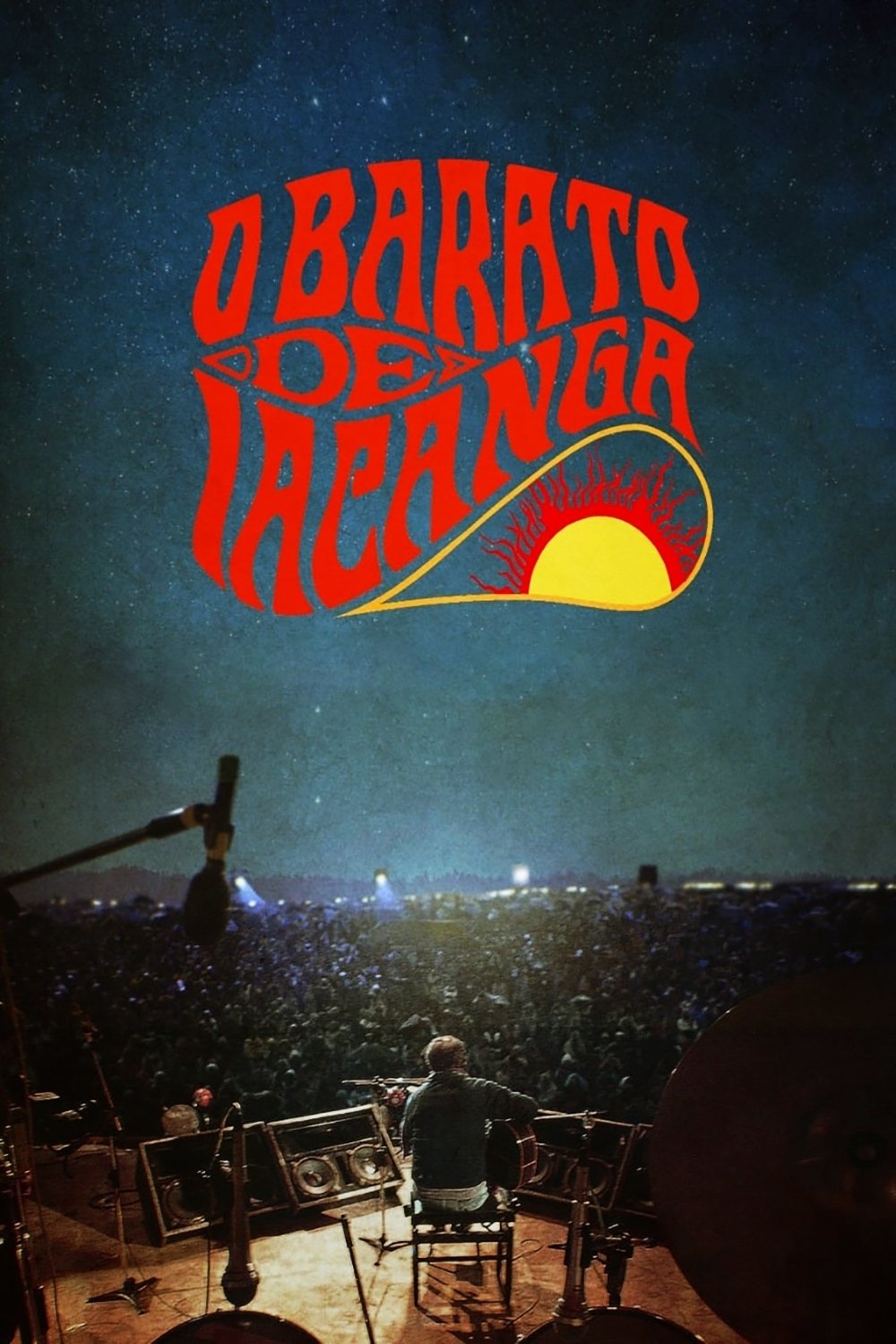
Participants recall a series of festivals held on a farm in Brazil during the '70s and '80s that evolved into liberating celebrations of music.
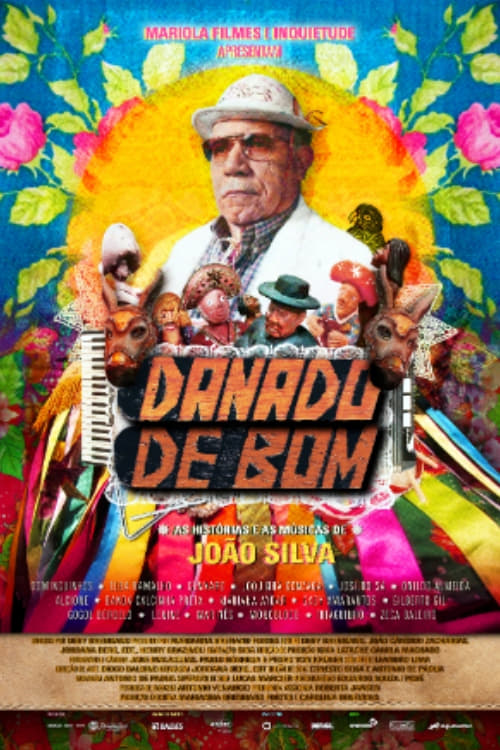
Born in Arcoverde, in the backlands of Pernambuco, the lonely boy who was raised by his father after his mother left, João Silva soon discovered a passion for the northeastern rhythms, such as the baião, xote and forró. He went to Rio de Janeiro when he was still a little boy to meet the idol Luiz Gonzaga. Both men, who were not very fond of each other when they first met, became not only great friends but also partners in many hits like “Doutor do Baião”, “Nem se Despediu de Mim” and “Pagode Russo”.
Luiz Gonzaga do Nascimento (Exu, December 13, 1912 – Recife, August 2, 1989) was a Brazilian singer, composer, and multi-instrumentalist. Also known as the King of Baião, he was considered one of the most complete, important, and creative figures in Brazilian popular music. Singing accompanied by his accordion, zabumba, and triangle (the basic set of baião singers, which he himself defined), he spread the musical culture of the Northeast across the entire country, including genres such as baião, xaxado, xote, and forró pé de serra. His compositions also described the poverty, sorrows, and injustices of his arid homeland, the northeastern sertão. Luiz Gonzaga gained notoriety with the iconic songs "Asa Branca" (1947), "Juazeiro" (1948), and "Baião de Dois" (1950). Adoptive father of the musician Gonzaguinha, Gonzagão influenced other MPB artists such as Geraldo Vandré, Raul Seixas, Gilberto Gil, and Caetano Veloso.
By browsing this website, you accept our cookies policy.